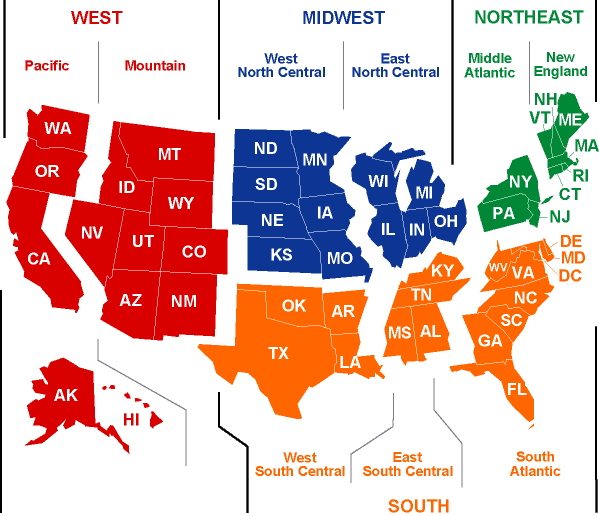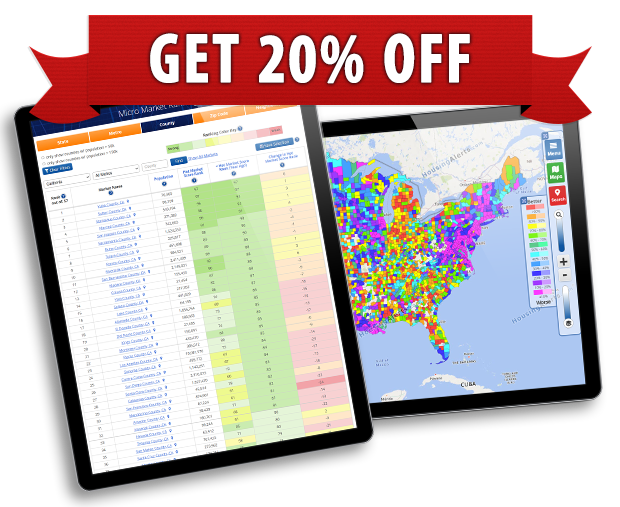Question:
How do we interpret the different combination of movements of the three lines in the Wealth Phase charts?
Answer:
The “moving average” lines are used primarily to determine a market’s MOMENTUM.
The STAR Indicator tool (red/yellow/green traffic light icons) was designed to ‘interpret’ the Chart (and its Moving Average lines) to determine a markets momentum so you don’t have to become a chart reader/expert.
I discuss the relationship between the STAR tool and the Wealth Phase CHART.
It’s easier to reply in terms of STAR indicators than specific positions of the MA lines; they are largely one in the same.
We look at TWO broad categories (variables) to analyze a market:
a) Momentum (red, yellow, green STAR traffic signal icons)
b) Technical Score (TAPS slider balls)
These are both important, INDEPENDENT variables. They do not always agree/align.
When ENTERING a new market, we want to see BOTH a strong STAR momentum indicator (lots of green, especially in the Intermediate and Long Term columns) and strong TAPS scores. A strong STAR score (along with a high TAPS score) makes it less likely the market will roll over and go negative any time soon.
Here’s a rough ranking of each tool/indicator’s relative importance when ENTERING a new market:
- Wealth Phase
- Master Score
- STAR Momentum
- TAPS Combined
- TAPS Local
- 1 YR THAR
- 4 Yr THAR
Once you are ALREADY invested in a market, because of the transaction cost and effort to EXIT a market, we are less concerned with the STAR tool EXCEPT as an early warning indicator.
Here’s a rough ranking of each tool/indicator’s relative importance when EXITING a market:
- Wealth Phase
- TAPS Local
- 1 YR THAR
- Master Score
- TAPS Combined
- STAR Momentum
- 4 Yr THAR
Note that for EXITING a market, the STAR tool (momentum) is less important compared to ENTERING a new market.The above assumes you are ONLY interested in LV (ie – a Local Market Master).If you’re not ‘stuck’ in a single market, WHEN you leave a market is more a question of “OPPORTUNITY COST” rather than milking any single market for the last bits of appreciation.


